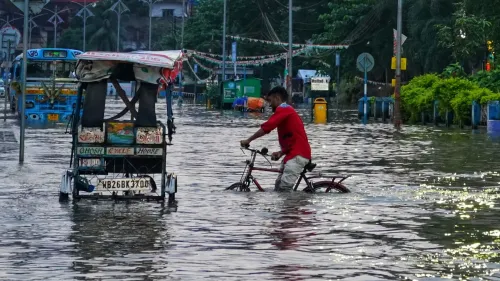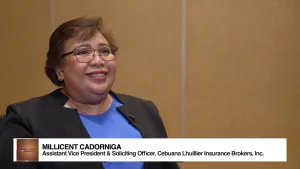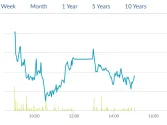
MAIPARK focuses on earthquake risk, enhances buffers
The Indonesia insurer’s profitability improved in 2023.
Fitch Ratings expects PT Reasuransi MAIPARK Indonesia's profitability to remain stable despite exposure to catastrophe risk, supported by stronger retrocession arrangements.
The company's capital buffers are expected to support its business concentration in earthquake risk over the next 12 to 24 months.
MAIPARK's profitability improved, with return on equity (ROE) increasing to 10% in 2023 from 7% in 2022.
The three-year average ROE was 8% during 2021-2023. The reinsurer maintained a combined ratio average of 78% over three years and achieved 8% growth in gross premium written (GPW) in 2023.
Fitch expects MAIPARK to maintain a sufficient capital buffer given its exposure to earthquake risk.
Its risk-based capital (RBC) ratio was 1,048% at the end of 2023, above the 120% minimum regulatory requirement. Higher admitted assets, following increased placement in time deposits, contributed to this rise. MAIPARK's equity balance exceeds the new 2026 requirement of IDR500b.
It uses internal catastrophe modelling tools and an enterprise risk-management system to monitor risks. MAIPARK's exposure to reinsurance recoverables was favourable at 12% at the end of 2023.
MAIPARK's company profile was seen as less attractive, with Fitch citing the company’s specialised focus on earthquake reinsurance, small assets and premium size compared to other local and Asia-Pacific reinsurers, and limited diversification.
Most of its GPW, 94% in 2023, comes from compulsory cession arrangements for earthquake risk in Indonesia.
MAIPARK has a conservative investment strategy, with around 70% of assets in cash, time deposits, and fixed-income securities at the end of 2023. This provides a buffer for claims following major catastrophes, with low exposure to risky assets such as stocks.



















 Advertise
Advertise







